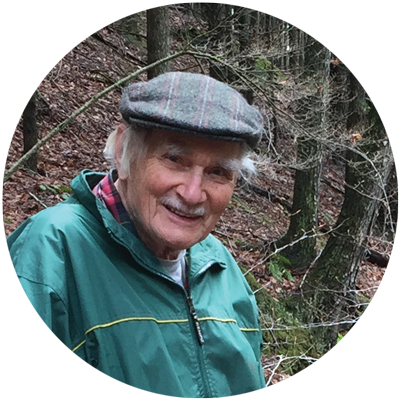Home > Climate News >
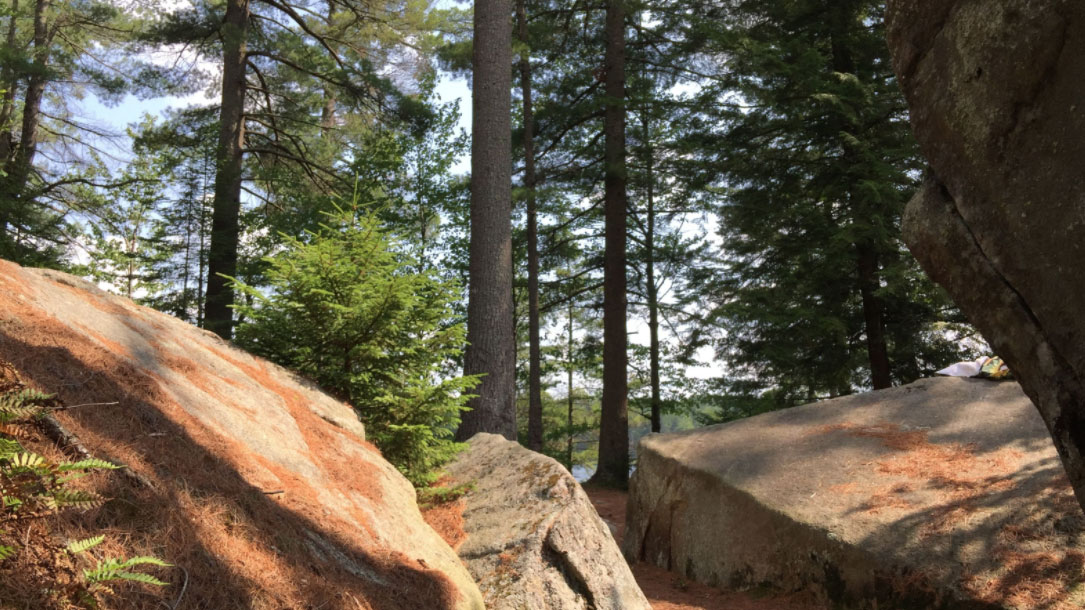
How much carbon can forests absorb? Michigan research in partnership with land trusts and conservation groups
Leelanau Conservancy and Little Traverse Conservancy have partnered with a number of local watershed groups and the University of Michigan to create Nature Change—Conversations about Climate and Conservation.
In this short video, forest ecology researcher Dr. Luke Nave (University of Michigan Biological Station) describes recently completed research to quantify the amount of carbon captured from the atmosphere by areas of reforestation throughout the United States. In referring to reforesting land, Nave says that includes areas that once were cultivated and areas that experience forms of deforestation such as fire.
Using well-documented research data and direct measurements, Nave and his colleagues focused only on those areas that are being reforested…
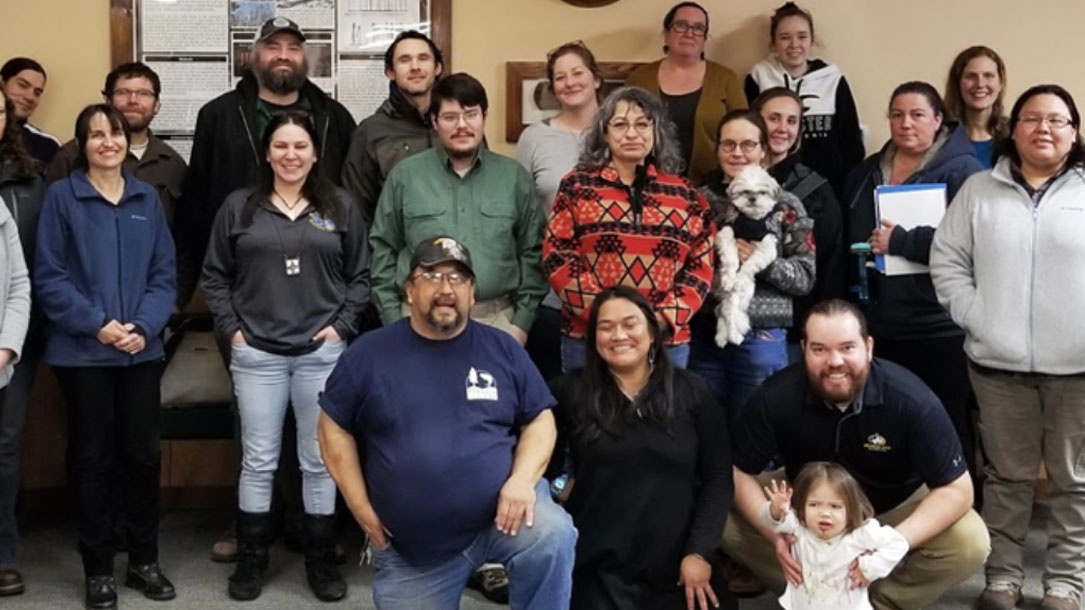
The Northern Institute of Applied Climate Science (NIACS) develops synthesis products, fosters communication, and pursues science in climate change and carbon cycling and management
“The Northern Institute of Applied Climate Science (NIACS) has been designed as a collaborative effort among the Forest Service, universities, conservation organizations, and forest industry to provide information on managing forests for climate change adaptation and enhanced carbon sequestration. As a regional, multi-institutional entity, NIACS builds partnerships, facilitates research, and synthesizes information to bridge the gap between carbon and climate science research and the information and management needs of natural resource professionals, woodland owners, policymakers, and members of the public.
The mission of NIACS is to provide applied ecological, economic, social, and cultural information that can be used in climate adaptation and forest carbon management…”
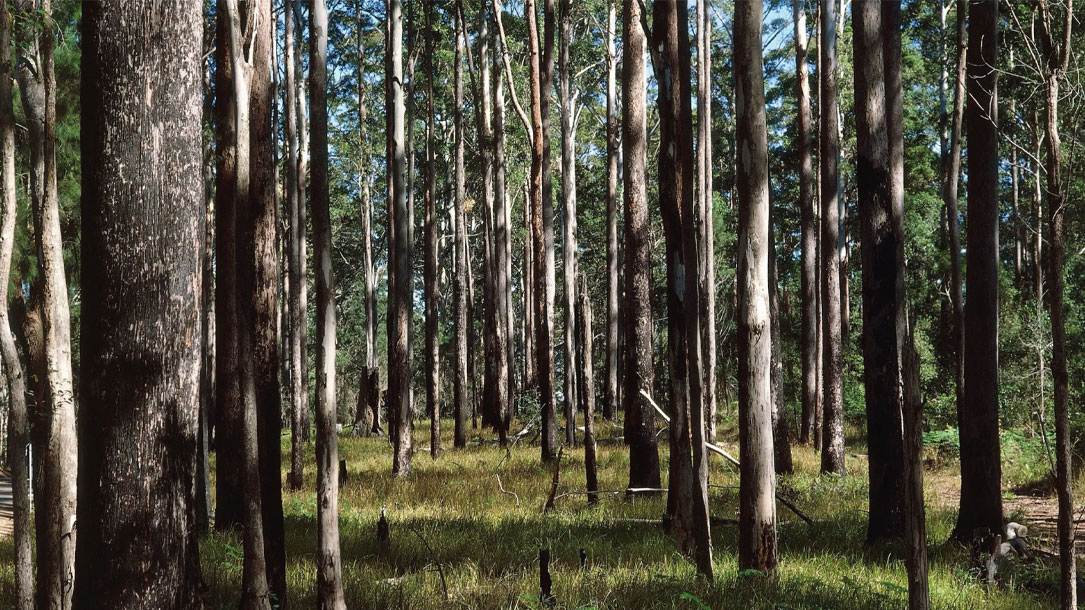
‘Whole thing is unravelling’: climate change reshaping Australia’s forests (There are warning signs here in the U.S. too)
Australia’s forests are being reshaped by climate change as droughts, heatwaves, rising temperatures, and bushfires drive ecosystems towards collapse, ecologists have told Guardian Australia.
Trees are dying, canopies are getting thinner, and the rate that plants produce seeds is falling. Ecologists have long predicted that climate change would have major consequences for Australia’s forests. Now they believe those impacts are unfolding…
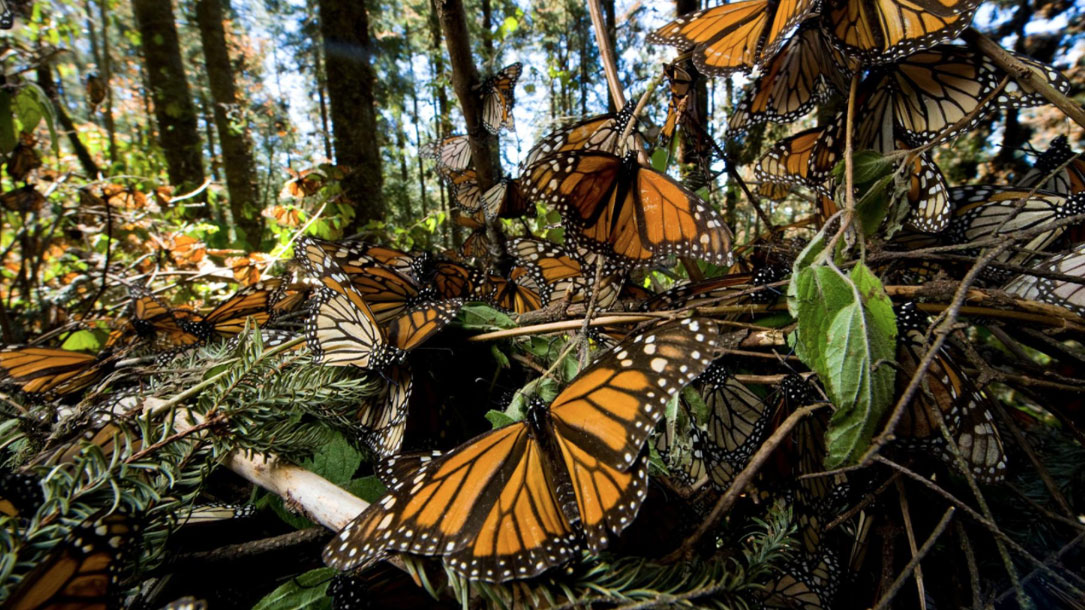
Planting milkweed won’t be enough
There’s been some good news about Monarch’s recently, yet even so, scientists have stated that climate change if left unchecked will cause irreparable harm.
It will be important to teach your community that planting milkweed may help in the very near term but the end game involves reducing pesticides and slowing down climate change.
It’s not too late to save them, but it’s a question of whether we will make the effort, scientists say…
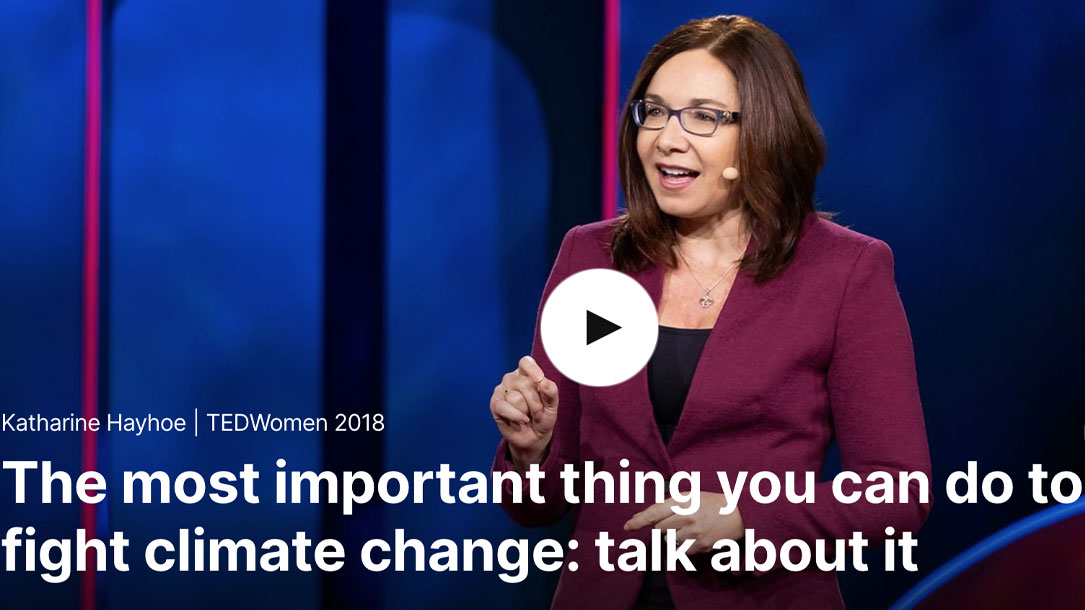
Land trusts need to talk about climate change
How do you talk to someone who doesn’t believe in climate change? Not by rehashing the same data and facts we’ve been discussing for years, says climate scientist Katharine Hayhoe.
In this inspiring, pragmatic talk, Hayhoe shows how the key to having a real discussion is to connect over shared values like family, community, and religion—and to prompt people to realize that they already care about a changing climate.
“We can’t give in to despair,” she says. “We have to go out and look for the hope we need to inspire us to act—and that hope begins with a conversation, today.”
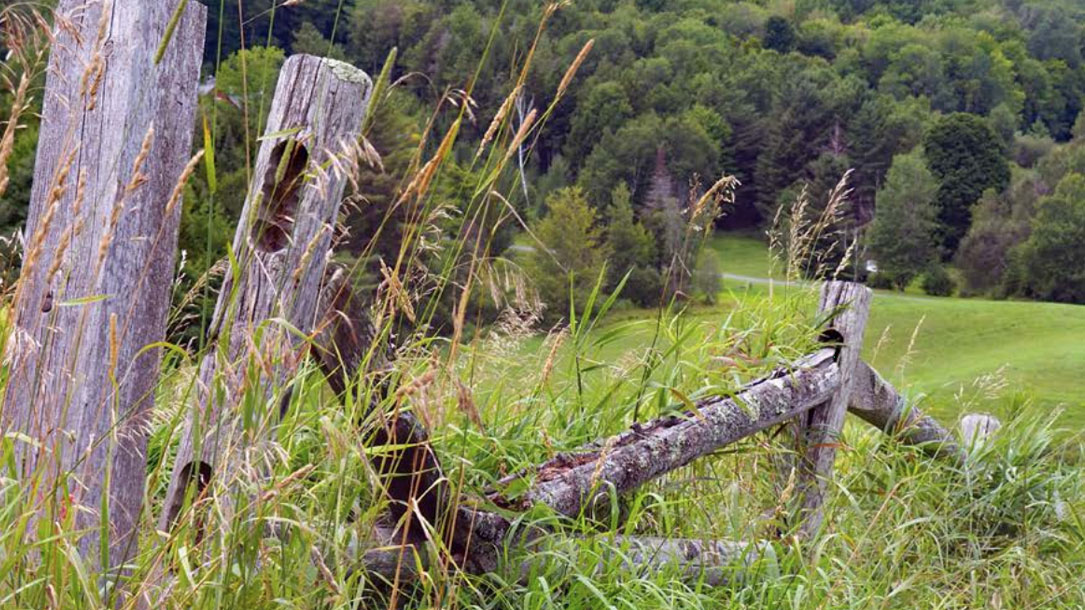
How to talk about climate change
The Land Trust Alliance and the Open Space Institute undertook a study to see how land trust supporters felt about their land trust talking about climate change. There was strong agreement that land trusts should, or could, talk about climate change.
That said, regardless of whether or not land trust supporters believe the data on climate change, I would suggest that it is a moral and ethical duty for your land trust to talk about climate change—and to provide ways people can slow it down.
The question is often, “How?” The report offers some suggestions on how to frame climate change as part of your communication and engagement strategy.
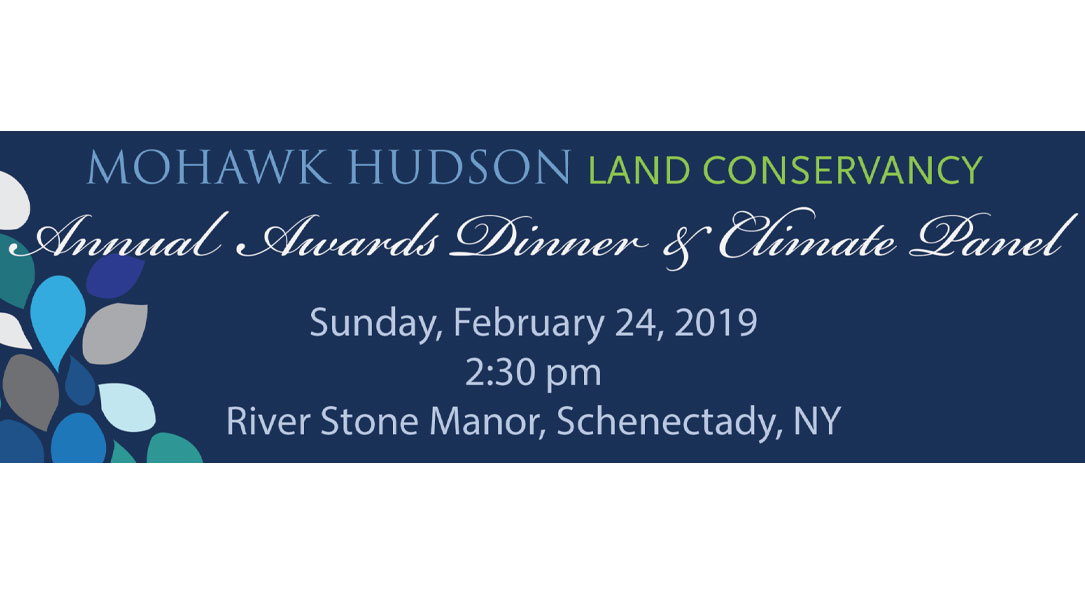
A local land trust incorporates climate change into its community event.
The Mohawk Hudson Land Conservancy, located in rural, upstate New York, is featuring a panel of speakers to focus on climate change at the Conservancy’s Annual Awards Dinner. This afternoon program will combine cocktails and awards with dessert—and a panel discussion at the end.
Mark King, Executive Director, notes that, “Our board and staff, as well as many in our community, want us to be stepping up our work on climate change. We are doing just that. This is a great way to let folks know—and inspire them at the same time.”
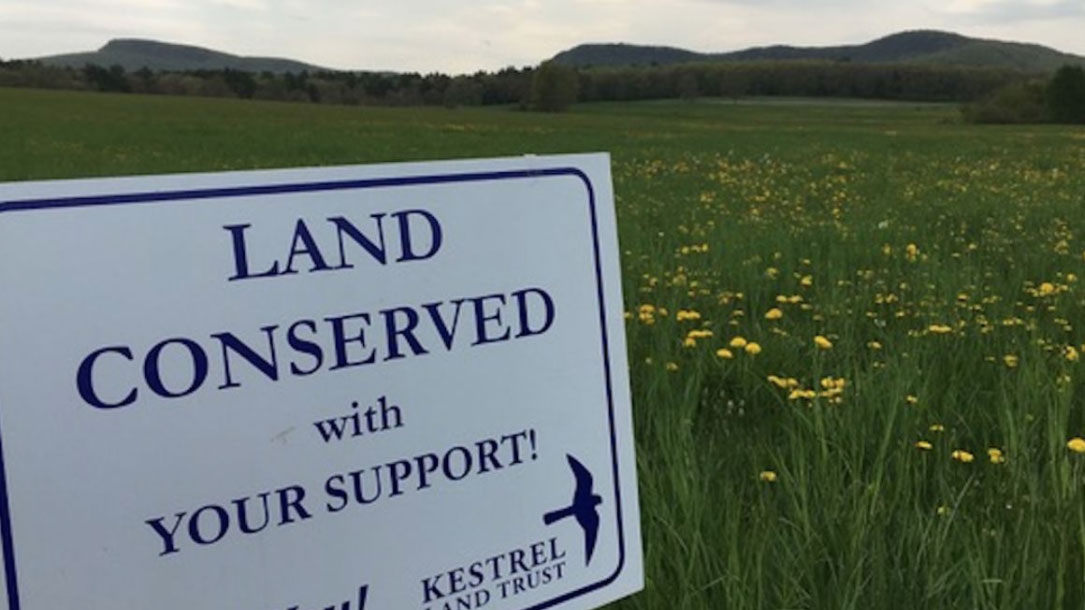
Becoming part of your community of change: Land trusts are joining coalitions and policy work to help slow climate change
Kestrel Land Trust recently decided to support the Citizen’s Climate Lobby as part of a coalition to support the Energy Innovation and Carbon Dividend Act.
“We recognize that climate change is a threat to all we conserve and hold dear,” explained Kristin DeBoer, E.D. of Kestral Land Trust. “We periodically advocate for conservation funding and policies to promote conservation—this is in the same category for us. The Land Trust Alliance has done a great job at clarifying that lobbying, and joining coalitions, can be part of our conservation work.”
Scott Jackson, Associate Professor in the Department of Environmental Conservation at the University of Massachusetts and Kestrel’s Board Chair, notes, “We recognize that climate change is a threat to the ecological and agricultural integrity of the land that we are conserving in the Pioneer Valley of western Massachusetts.”
Jackson goes on to say that, “In addition to positioning land conservation as a natural solution to climate change, our land trust is looking for other ways to take action. Being a part of the climate change advocacy community is similar to the need to advocate for conservation funding to acquire land. This is just as important.”
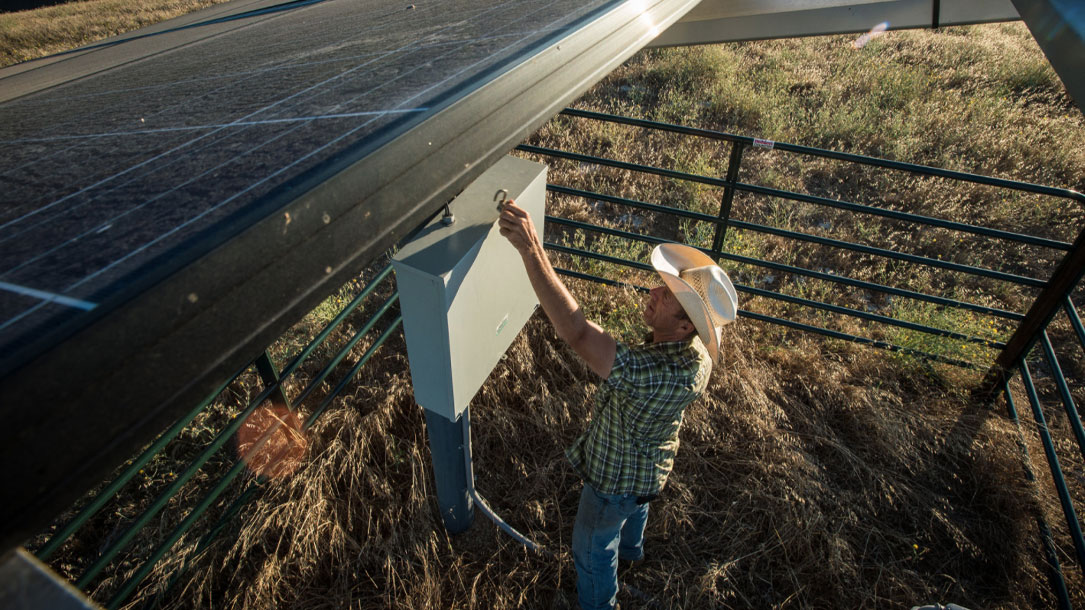
Three steps to better climate conversations and a communication strategy
Wondering how to communicate about climate change? Dr. Katharine Hayhoe, one of the world’s climate change leaders and scientists, provides tips on how to connect with people around climate change.
Remember that the vast majority of Americans want action on climate change. Many feel helpless about what to do.
Here are some tips on how to talk about climate change. They really are the same in any engagement strategy…

Do you have questions about divestment and socially responsible investment?
The Land Trust Alliance provides some thoughtful information on their climate change website about divestment and socially responsible investment. You may find it helpful when discussing whether this is a path your land trust wants to take as a moral, ethical, and financial statement.
As the financial world looks at the risks associated with fossil fuels, others are considering different investment strategies, as noted in this article earlier this year from Forbes.



